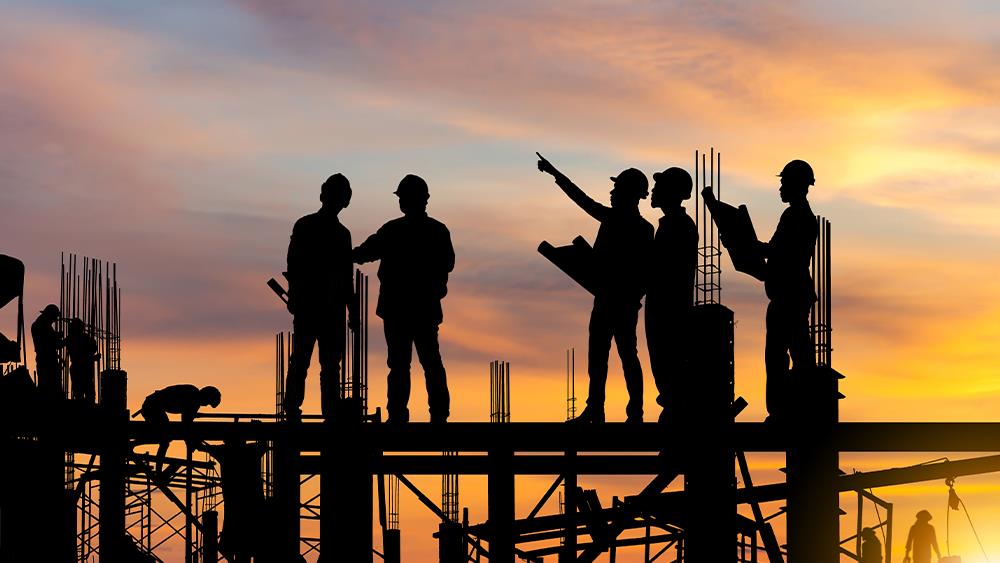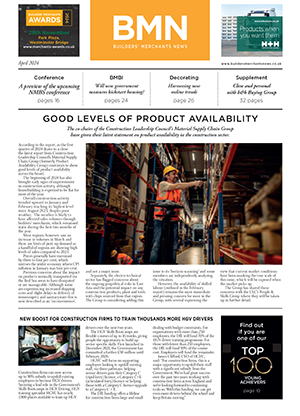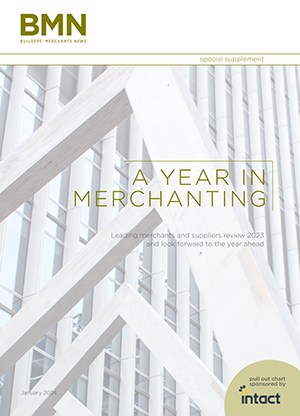Construction output is forecast to increase 5.5% this year, according to the latest forecasts from the Construction Products Association (CPA). However, growth is expected to slow in the following two years due to the impacts of Election uncertainty.
According to Dr Noble Francis, economics director at the CPA, the general housing market has slowed but housebuilding continues to drive construction industry growth. After rising 13.3% in 2014, private housebuilding is forecast to increase a further 10.0% to 142,000 new homes in 2015.
Commercial construction, worth £22bn each year, is forecast to rise 6.4% in 2015 due to work on major towers in London and also large offices projects in Birmingham and Manchester.
“Over the following two years, however, construction output is forecast to be adversely affected by the UK's most uncertain Election in more than 40 years,” said Dr Francis. “The lag between construction contracts and work on the ground means that construction activity in 2015 probably won't be impacted, since the majority of work for the year has already been planned. Instead, we expect a break in private and public investment this year for future projects, which in turn will lead to slower construction growth of 4.0% in 2016 and 3.4% in 2017.
"Although fewer homes are being built than we need each year, private housebuilding growth is forecast to slow to 5.0% in 2016 and 3.0% in 2017. Again, this is primarily due to uncertainty regarding government policy such as Help to Buy, which has otherwise stimulated housebuilding in the last two years. This means that, despite five years of recovery projected to 2017, private housebuilding at that time is still forecast to be 19.2% lower than at the pre-recession 2007 peak.
"Similarly, increases in commercial activity are likely to be constrained by a hiatus in business investment this year due to the Election, with growth in the sector expected to slow to 5.2% in 2016 and 4.4% in 2017.”
Dr Francis continued to explain that one area expected to be largely unaffected by the Election is infrastructure activity, which is anticipated to increase throughout the forecast period to 2018. Strong growth of 7.6% this year is expected to accelerate to 9.2% in 2016 and 10.6% in 2017 owing to the £466bn pipeline of work under the National Infrastructure Plan. This includes large projects such as the £1.5bn A14 redevelopment, the £4.2bn Thames Tideway Tunnel and the £16bn Hinkley Point C nuclear power station.
"Overall," Dr Francis concluded, "the Construction Products Association forecasts construction output surpassing the pre-recession peak next year, and expect output in 2018 to be 17.9% higher than in 2014. For this to materialise, however, industry will need to work together with the new government to address the need for greater investment in capacity and skills."








